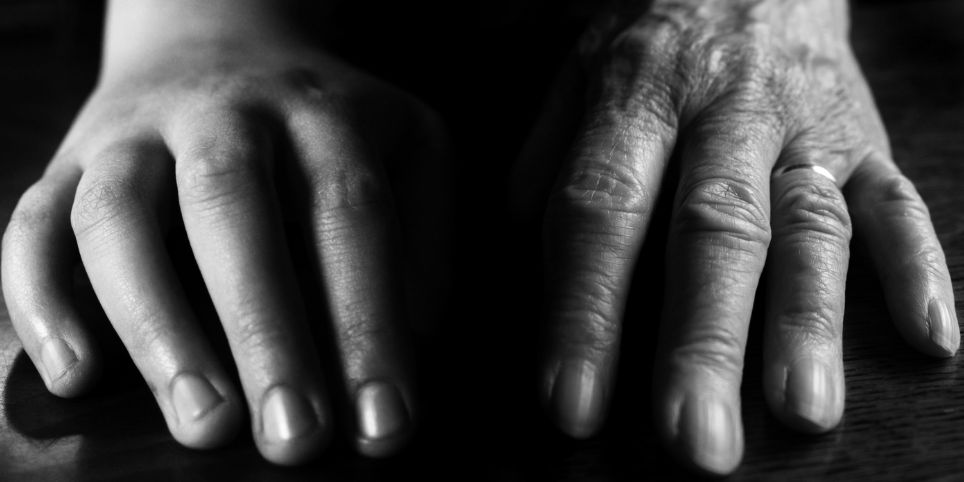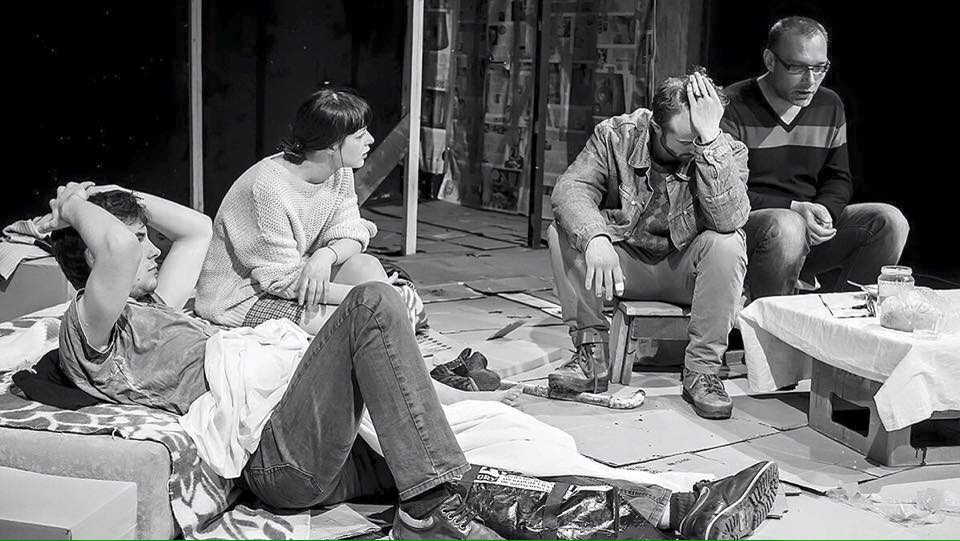You do not fall in love because you managed to see a lovable Someone, you manage to see that Someone because you previously managed to love.
Jean Luc Marion wrote in Le Phénomène érotique that your desire wants to want better. So, as it is often the case, your desire falsifies the object of its longing.
There is no one more lovable than your beloved one. When love unfolds itself, you die and rise again with the longing, with the kissing and, generally speaking, with everything that comes accordingly to your own desire and rarely according to the Loved One’s specific attributes. The Loved One is not a distinct human being anymore, but an object of desire. Jean Luc Marion calls it an erotic reduction.
The eyes of desire are not your “real” eyes. Whilst the “real” eyes, the “sane” eyes, the “reasonable” eyes see no more and no less than what the light and the optic nerve fibers allow you to see, the eyes of desire function on non-economic principles, and they do not care for reciprocity.
Ask a sincere neighbour to take a closer look at your girlfriend. He will do his best to review your Dulcinea’s physical and psychological features. He will measure hers against yours. He will most likely look for suitability, worthiness, balance. She has some beautiful ears, he notices, but isn’t she just another Alonza? Him, your neighbour will fail to see a point in your choosing her over others.
The Lover alone, by the force of his love, has the power of pulling the Loved One out of the reality field, re-giving birth to her according to her new prodigious role: that of being uniquely loved.
There cannot be enough qualities in all people of this world to make a single heart beat faster. There are enough natural resources of love in each of us for making gods and goddesses out of the least worthy of all boys and girls.
A racing heart is still a miraculous counter measuring your finitude against your Loved One’s infiniteness. And beyond.
(Foto: Konstantin Somov/ Facebook – Gabby and Misha art collection)



















